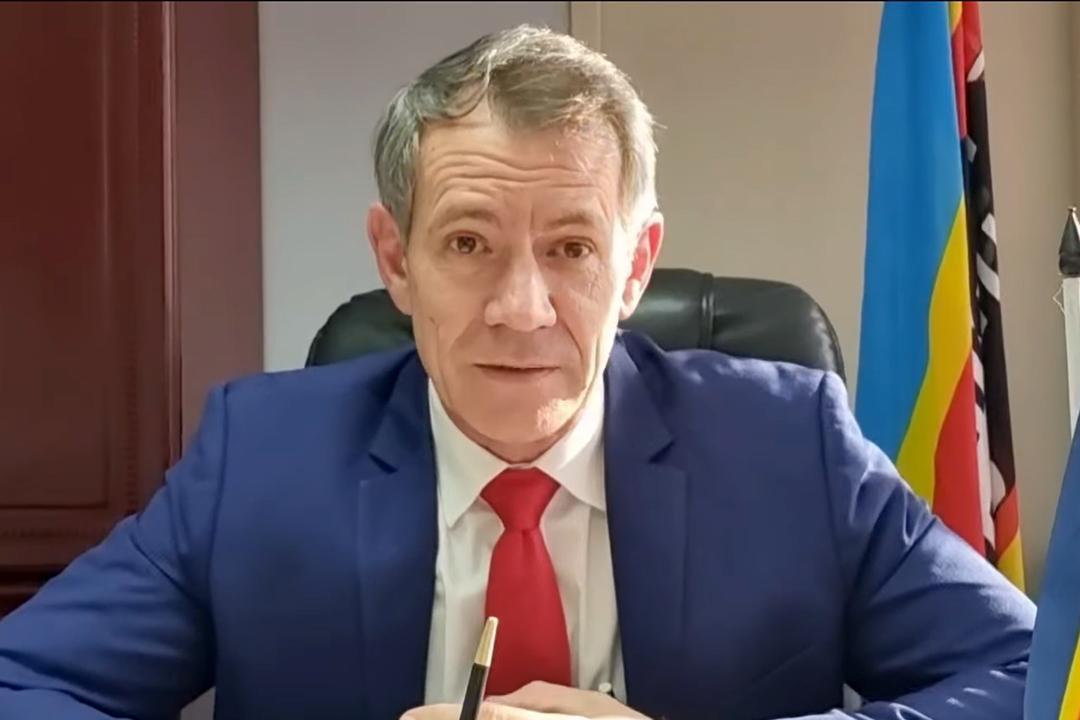Africa-Press – Eswatini. In a positive development for businesses and suppliers, Minister of Finance Neal Rijkenberg announced on June 27, 2025, that the government intends to settle all outstanding payments to its suppliers by next week.
This announcement follows the issuance of a gazette regarding a US$100 million (approximately E1.8 billion) loan from the World Bank, which is expected to bolster the government’s financial position.
Financial Management and Cash Flow
Minister Rijkenberg expressed optimism that the timely payment of suppliers’ arrears would help stabilize the government’s cash flow, allowing for more consistent and timely payments in the future. This move is seen as crucial for addressing ongoing financial challenges faced by the government and ensuring that suppliers can continue their operations without disruption.
Health Crisis Concerns
Despite the positive news regarding supplier payments, the minister raised concerns about the ongoing health crisis in the country. He highlighted difficulties in ensuring that essential medicines and drugs reach public health facilities. Rijkenberg noted that there are discrepancies between the quantities of drugs delivered to the Central Medical Stores (CMS) and those reaching health facilities, complicating the situation further.
Proposed Solutions for CMS
To address these issues, Minister Rijkenberg proposed the privatization of the CMS, suggesting that transforming it into a parastatal could enhance its efficiency. He drew parallels with the successful privatization of the Eswatini Revenue Service (ERS), which has improved its operational effectiveness. The minister indicated that the CMS would then be responsible for tracking the movement of drugs from storage to end consumers, ensuring accountability throughout the supply chain.
Timeline for Privatization
Rijkenberg expressed hope that the privatization process for the CMS could be completed within six months. He reassured the public that the budget allocated for drugs is generally sufficient, but acknowledged that the lack of effective controls has hindered the delivery of these essential supplies to the public.
Conclusion
The government’s commitment to paying suppliers next week is a significant step towards improving financial stability and operational efficiency. However, the ongoing challenges in the health sector highlight the need for systemic reforms, particularly in the management of medical supplies. The proposed privatization of the CMS could be a pivotal move in ensuring that essential medicines are delivered effectively, ultimately benefiting the health of the population.
For More News And Analysis About Eswatini Follow Africa-Press







